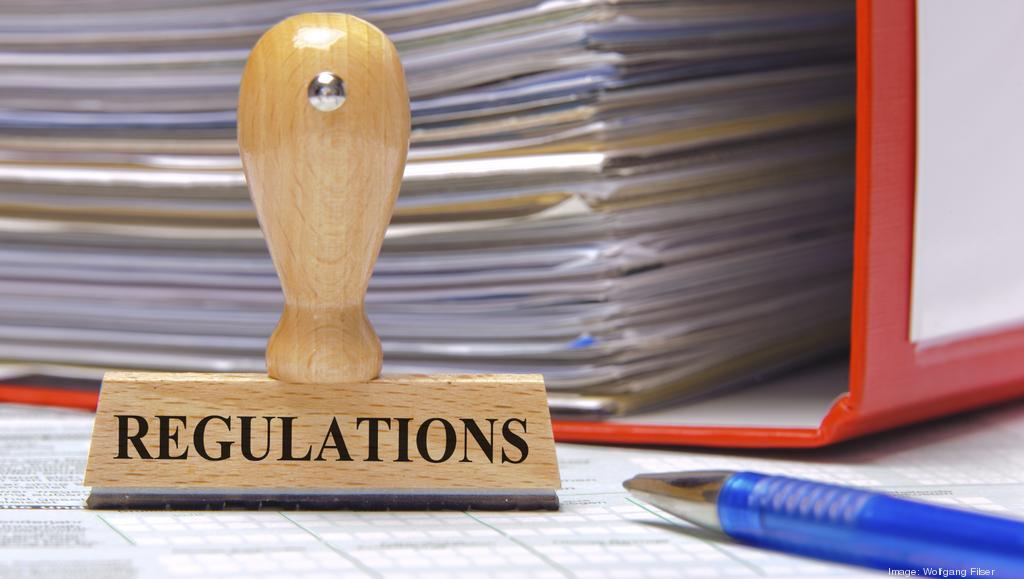Taxes certainly have a very important role in the state financing structure and its contents. In this case, there are a series of HPP Law systems in tax regulation in Indonesia that are important to know. For those of you who don’t know, see the review of the articles below regarding the various things that must be known in the Tax Harmonization Law system in Indonesia.
General Provisions and Tax Procedures in the Tax Regulation System in Indonesia in the HPP Law
Sri Mulyani Indrawati the Minister of Finance of Indonesia stated that the HPP Law was able to support economic growth. In fact, the HPP Law is also able to create a fair taxation system.
Furthermore, in the tax regulation in Indonesia in the HPP Law system, the government decided to add a NIK alias Population Identification Number to an individual’s NPWP. By integrating the NIK through the NPWP, the government will find it easier to monitor the administrative process of individual taxpayers.
In addition to this, it turns out that the government has also changed the audit sanctions for taxpayers or taxpayers who do not submit an SPT or make an annual tax return. Matters regarding fines for late reporting or not making the SPT has been regulated in the applicable law.
Consulting Tax Indonesia? Contact Whatsapp +62 877-7180-0222
Determination of Income Tax (Pph) for Business Entities and Individuals
In 2022, the government will stipulate a layer of income tax rate regulation for individuals who have earned at least IDR 60 million. Not only that, in this tax regulation in Indonesia, the government imposes an additional layer of the income tax rate for individual taxpayers of 35 percent whose income is above IDR 5 billion.
Through the Law on Harmonization of Tax Regulations, the government has also established a separate system for MSME actors. Where later every individual entrepreneur who has an MSME business will be charged a tax rate of approximately 0.5 percent.
This has been stated in Government Regulation No. 23 of 2018. Meanwhile, gross circulation has reached Rp. 500 million in one year is not subject to Income Tax or Income Tax in the tax regulation system in Indonesia.
However, even so, Sri Mulyani as the Minister of Finance of the Republic of Indonesia also officially set a tax increase for the super-rich to 30 percent. This applies to people who have incomes ranging from IDR 500 million to IDR 5 billion. People who have an income between Rp 250 to 500 million will be burdened with a tax of 25%.
It is different with an individual who has an income of between Rp. 60 to 250 million will be subject to a 15 percent income tax according to the tax regulation in Indonesia. People who have a total salary of Rp. 60 million per year will be subject to a 5 percent tax.
Also Read : How Much Tax in Indonesia for Small Business? Check In Here
Regulation of Value-Added Tax (VAT) in the Tax Regulation System In Indonesia
You need to know that the DPR and the government have disclosed and remain committed to providing VAT exemption facilities. A note that the exempted VAT applies to basic goods, social services, finance, health, and education.
However, even so, in tax regulation in Indonesia through the Harmony Law on Tax Regulations, VAT will increase gradually. With a figure of 11 percent that has been in effect since April 2022. In the future, in 2025, VAT is estimated to increase to 12 percent, which is not too much different from now.
The collection of Value Added Tax or VAT itself will be applied to the types of goods, services, and the business sector itself in the final part. For example, each business circulation will be subject to VAT of 1, 2, or even 3 percent which has been regulated in the Regulation of the Minister of Finance (PMK).
In addition to that, it turns out that the government through the tax regulation system in Indonesia has also provided Value Added Tax exemptions. This applies to types of basic necessities, social services, education, health, and several other fields as determined.
Carbon Tax
Basically, the DPR and the government have made an important agreement to implement a carbon tax. With the number of funds reaching Rp. 30 for every kilogram of CO2e, aka carbon dioxide equivalent or equivalent units. The determination of the carbon tax is carried out because the equivalent carbon emission alias CO2e produced is able to have a negative impact on the environment. Of course, the determination of the carbon equivalent tax through tax regulation in Indonesia is carried out with due regard to the mapping. Either through the carbon market itself or the mapping that has been established.
The purpose of the carbon roadmap itself is nothing but emission reduction to the development of new and renewable energy. In fact, the carbon road mapping also includes priority sector targets as well as alignment with various other policies.
All road mapping policies on the carbon tax that have been stipulated in the tax regulation in Indonesia are carried out by the government. Where previously the approval of the House of Representatives alias DPR had been given first.
Thus, it can also be said that later the subject of the carbon tax, aka individuals and also corporate entities that buy goods containing carbon, will be taxed. In addition, both individuals, individual, and organizations that carry out certain activities and produce carbon emissions will also be burdened with taxes that have been previously determined.
As additional information, the tax payable on the purchase of goods that contain carbon in a certain amount and period has special conditions. Taxes that are considered payable when purchasing carbon-containing goods in 2021 will be carried out by developing a trading mechanism according to the tax regulation in Indonesia.
Meanwhile, for 2022 to 2024, the imposition of further carbon taxes will be determined with reference to the mechanism based on its own emission limits. In this case, cap and tax emissions from the PLTU sector, aka coal-fired power plants, are also included.
Meanwhile, in 2025 and beyond, according to the tax regulation system in Indonesia, the implementation of carbon trading will be carried out in stages. This also includes an expansion in the carbon tax sector that is in line with the economic conditions, their impacts, the readiness of actors, as well as the scale itself.
If you are in need of an easy consultant to manage taxes in Indonesia, then visit Proconsultofficial.com. Thus, you don’t have to worry anymore if you want to complete the tax process through the In Indonesia tax regulation system.
Consulting Tax Indonesia? Contact Whatsapp +62 877-7180-0222


